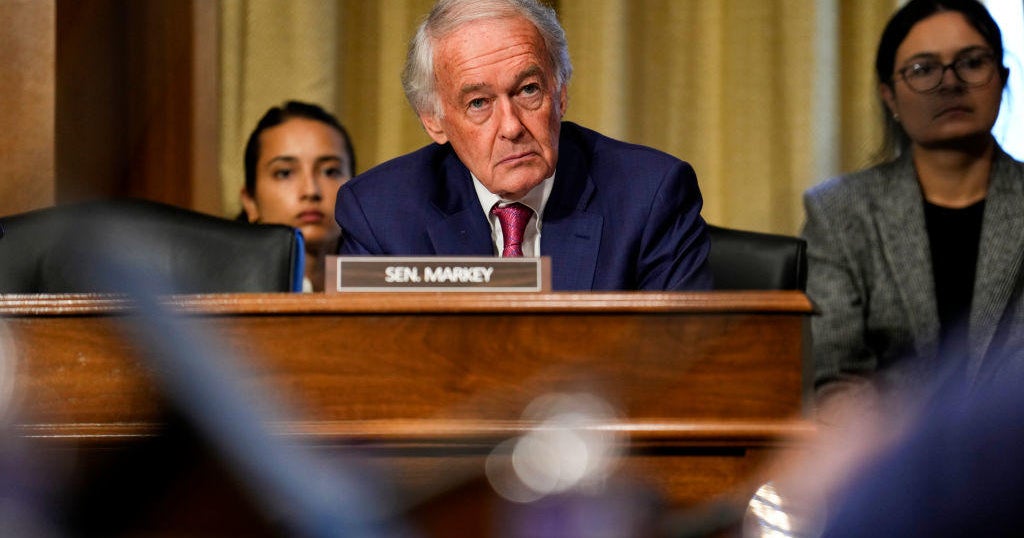FAA knew another Boeing 737 Max malfunction was likely after Lion Air crash
Arlington, Va. — Federal Aviation Administration officials Wednesday tried to defend the decisions they made after a 737 Max jet crashed in Indonesia last year. But in a Senate hearing, it was revealed they predicted a second malfunction was likely. Sadly, they were right, and the Max has been grounded ever since the deadly Ethiopian Airlines crash in March.
Senators demanded to know why the FAA didn't do more after the first 737 Max crash last October. They pointed to internal FAA analysis, done just days after the crash, predicting another emergency incident was likely within the next 10 months, due to the plane's troubled anti-stall system, known as MCAS.
Instead of grounding the plane, the FAA sent an emergency order requiring pilots review existing procedures while Boeing fixed the MCAS system. But five months later, the second 737 Max crashed.
FAA executives acknowledged, in hindsight, their guidance to pilots was insufficient.
"We should have included more description in the computer based training in order to explain what MCAS is," said Ali Bahrami, the FAA's head of safety.
Senators also wanted to know whether Boeing cut corners to rush the Max to market.
"We expect you to basically be the person or entity that stands up and says this aircraft is completely safe to fly. That does not appear to be the case in this situation," said Sen. Jack Reed.
The FAA officials told senators not every decision was perfect, but they said they stand behind the certification of the Max. Boeing's biggest rival, Airbus, announced revenues jumped 72% last quarter. Boeing's dropped 35%.




